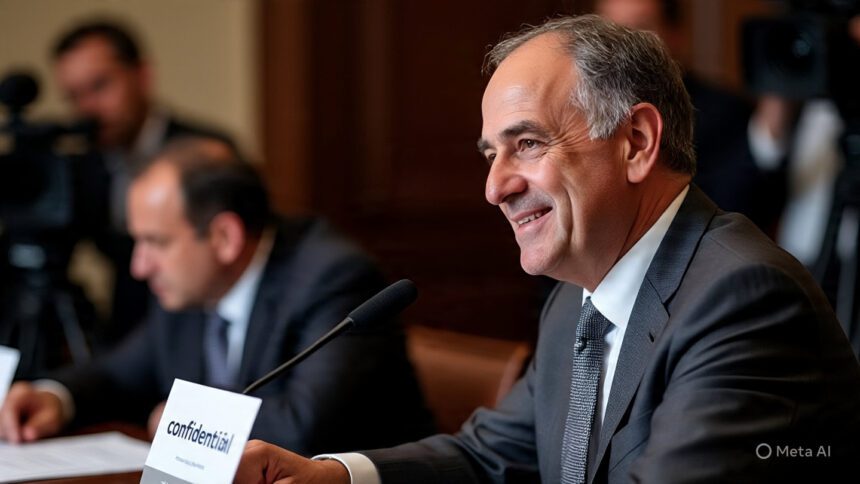Introduction:”Gaza ceasefire”
The indirect talks, hosted in Doha, Qatar, have entered a critical phase but appear to be facing severe obstacles.
A senior Palestinian source informed the BBC that Israel had deliberately slowed down the pace of negotiations. The official accused the Israeli delegation of arriving in Doha with no real mandate to make binding decisions, thereby undermining the entire process.Gaza ceasefire This delay coincided with Prime Minister Benjamin Netanyahu’s high-profile visit to Washington, which the source alleged was used to buy time and manage international optics.
Key Issues Blocking Progress
These topics have led to deep divisions between the two parties.
Hamas insists that any humanitarian assistance should be coordinated through United Nations agencies and international humanitarian organizations, ensuring neutrality and global oversight. Gaza ceasefire,Israel, however, is pushing for aid distribution via the Gaza Humanitarian Foundation (GHF)—a mechanism backed by both Israel and the United States. The GHF has faced criticism for lacking transparency and favoring Israeli interests.
While some limited progress has reportedly been made in narrowing the gap on this issue, no official agreement has been reached as of yet.
Buffer Zones and Military Withdrawal
In earlier rounds of the talks, Israeli representatives submitted a proposal outlining a planned “buffer zone” inside Gaza, stretching between 1km and 1.5km from the border.
Hamas initially viewed this proposal as a possible starting point for negotiations. However, trust quickly deteriorated when Israel later provided a map that significantly contradicted the earlier plan. Gaza ceasefire,The revised document proposed buffer zones up to 3km deep in some regions, with continued Israeli military presence in major areas, including:
- The entire city of Rafah in the south
- 85% of the village of Khuzaa near Khan Younis
- Large parts of Beit Lahia and Beit Hanoun in the north
- Eastern neighborhoods of Gaza City, including Tuffah, Shejaiya, and Zeitoun
Hamas officials interpreted this as a bad-faith tactic, reinforcing fears that Israel was not committed to genuine de-escalation.
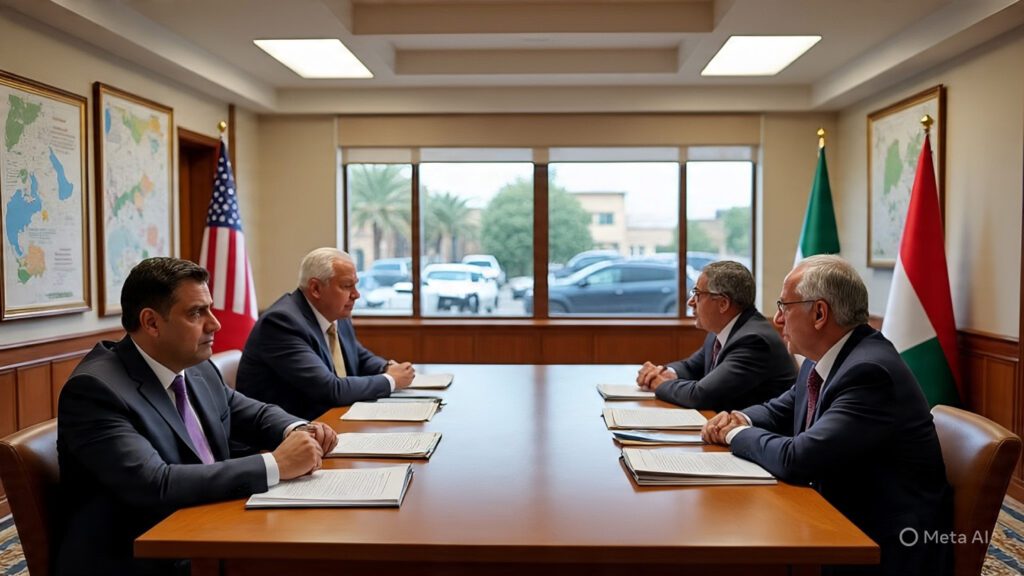
Accusations of Political Maneuvering
Palestinian negotiators have openly accused Israel of manipulating the negotiations to present an illusion of progress, Gaza ceasefire,especially during Netanyahu’s U.S. visit.
“They were never serious about these talks,” said one Palestinian official. Gaza ceasefire,”They used these rounds to buy time and project a false image of progress to the international community.”
The official further alleged that Israel’s real strategy was to implement forced displacement under the guise of humanitarian planning, citing proposals by Israeli Defence Minister Israel Katz to establish a so-called “humanitarian city” in Rafah.
Controversial “Humanitarian City” Plan
Earlier this week, Katz revealed plans to build a massive encampment in Rafah to house up to 600,000 Palestinians,Gaza ceasefire, eventually accommodating Gaza’s entire population of 2.1 million. Gaza ceasefire,According to the plan, all displaced individuals would undergo security screening by Israeli forces before being allowed entry—and would not be allowed to leave.
Palestinian officials and international critics have denounced the plan as a thinly veiled attempt at ethnic cleansing. Several human rights organizations, legal experts, and academic institutions have described it as a blueprint for a “concentration camp”, warning of severe long-term consequences for regional stability and human rights.
International Mediation Under Pressure
The ongoing talks in Doha are being mediated by Qatar’s Prime Minister Sheikh Mohammed bin Abdul Rahman Al Thani,Gaza ceasefire,alongside senior Egyptian intelligence officials and U.S. envoy Brett McGurk.
Despite dozens of verbal and written messages exchanged between the two sides, meaningful progress has remained elusive. Gaza ceasefire,Mediators are increasingly alarmed that the negotiations could soon collapse entirely unless significant international intervention occurs.
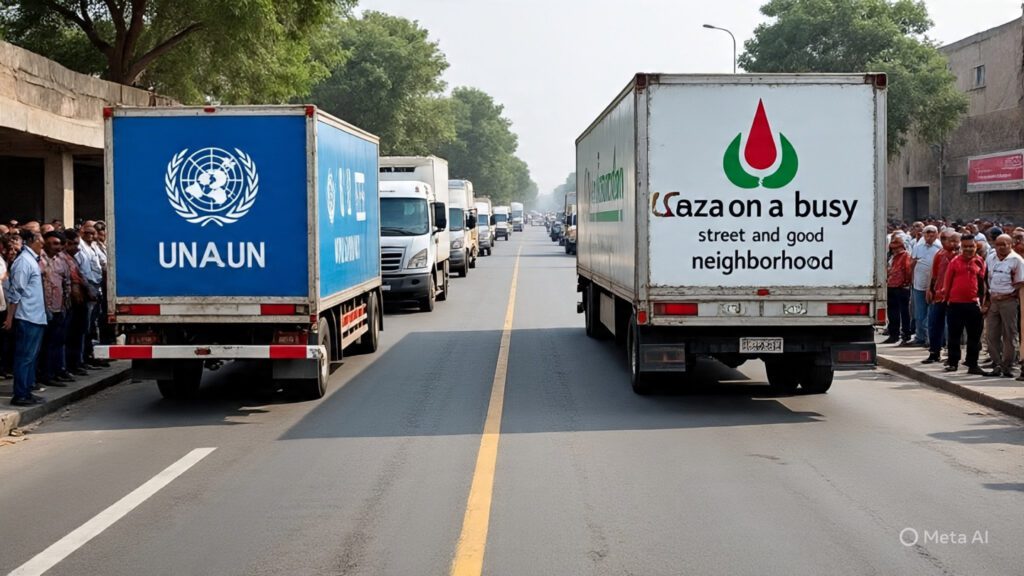
Calls for U.S. Action
Palestinian officials are now calling on the United States to exert more direct pressure on Israel to compromise. They argue that without American influence,,Gaza ceasefire, Israel will continue to stonewall and derail the peace process.
According to one mediator, the situation is “hanging by a thread.” Without dramatic changes in the negotiating posture, the fragile dialogue may disintegrate, extinguishing hopes for a near-term ceasefire.
Broader Humanitarian Implications
The stakes could not be higher.Gaza ceasefire, A collapse of the Doha talks would exacerbate the already dire humanitarian crisis in Gaza. Access to food, clean water, electricity, and medical supplies has been severely limited for months, with international agencies warning of famine-like conditions and a public health emergency.Gaza ceasefire.
Failure to reach a deal would also undercut regional diplomacy aimed at securing a durable peace and increase the risk of a broader military escalation across the Middle East.
Background: The October 7 Attack and Aftermath
The Israeli military offensive in Gaza began after Hamas launched a surprise attack on southern Israel on October 7, 2023. Approximately 1,200 Israelis were killed, and 251 individuals were taken hostage, many of whom are still unaccounted for.
In retaliation, Israel initiated a sweeping military campaign that has resulted in widespread destruction and an extremely high civilian death toll in Gaza.Gaza ceasefire, According to the Hamas-run health ministry, at least 57,823 Palestinians have been killed since the conflict began, with thousands more wounded or displaced.
A Narrow Window for Peace
Despite the grim outlook, some diplomats in Doha remain cautiously optimistic that a resolution could still be salvaged.Gaza ceasefire,Gaza ceasefire, They emphasize that the parties have not walked away from the table entirely, and a small window for compromise remains open.
But that window is closing rapidly.
“Unless something changes dramatically and quickly,” warned one regional official, “we may be heading toward a complete breakdown.”
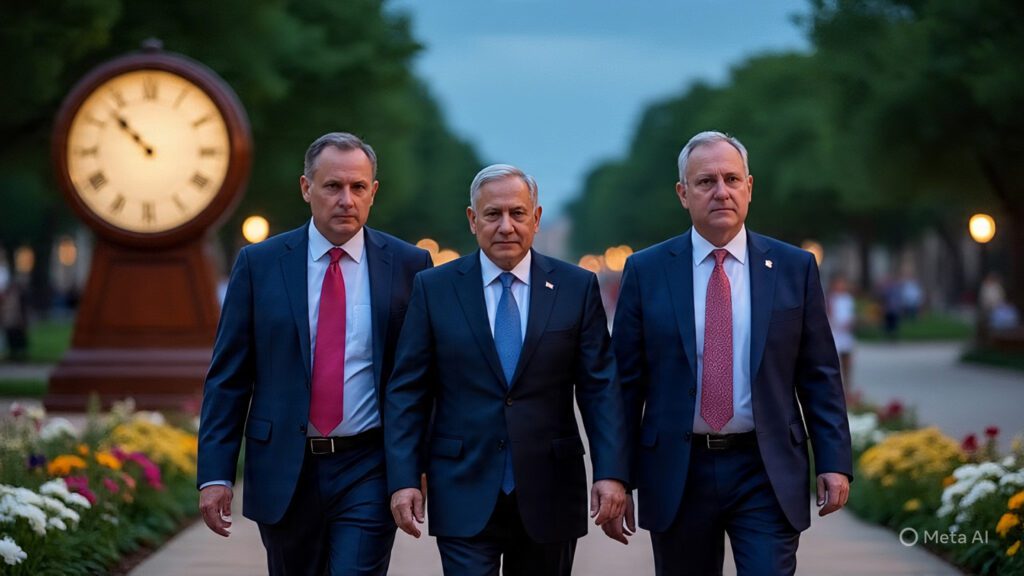
🔷 Positive Aspects of the Gaza Ceasefire Negotiations
- Opportunity for Humanitarian Relief
The ceasefire talks offer a potential lifeline for Gaza’s population, where access to food, water, and medical aid is critically low. Gaza ceasefire,A formal agreement could enable coordinated humanitarian corridors through neutral channels like the UN, easing the suffering of millions. - Platform for Diplomatic Engagement
Despite deep-rooted hostility, the negotiations in Doha mark a rare moment of direct and indirect engagement between warring factions. This diplomatic channel, involving regional and global actors, opens the door to broader conflict resolution possibilities. - Regional De-escalation Possibility
A successful ceasefire could contain the risk of the conflict spilling over into neighboring states like Lebanon or Egypt, which could otherwise be drawn into a wider regional war. - International Accountability Pressure
The talks have placed international scrutiny on all parties, compelling more transparency in both military operations and humanitarian planning.Gaza ceasefire, This could strengthen future peacebuilding frameworks in the region. - Restoration of Dialogue
The fact that communication is still ongoing, even amid mistrust, is a sign that both sides acknowledge negotiation — not war — as the only sustainable path forward.
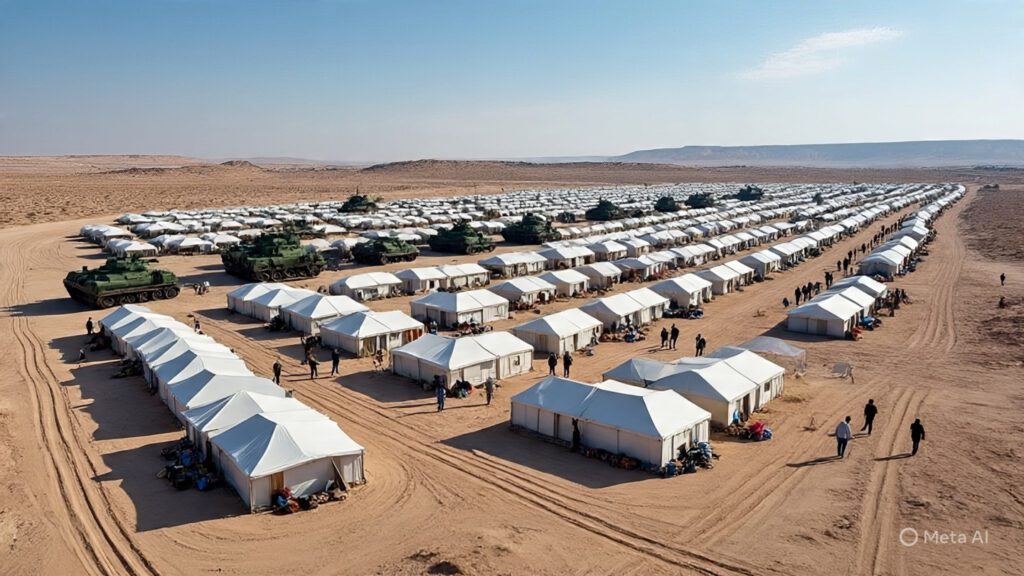
🔻 Negative Aspects of the Gaza Ceasefire Negotiations
- Lack of Trust and Bad-Faith Actions
Both sides have accused each other of manipulation. Gaza ceasefire,For instance, Israel’s sudden shift in the buffer zone map and Hamas’s rigid stance on aid channels signal deep mistrust,Gaza ceasefire, reducing the chance of a durable solution. - Ceasefire as a Tactical Delay
Critics argue that Israel may be using the negotiations to buy time, Gaza ceasefire,improve its international image, and continue military operations under the radar — rather than sincerely working toward peace. - Humanitarian Aid Politicization
The disagreement over aid delivery via the Gaza Humanitarian Foundation versus UN agencies has turned a life-saving process into a geopolitical tug-of-war,Gaza ceasefire,delaying critical supplies to civilians. - Displacement Under the Guise of Safety
The proposed “humanitarian city” in Rafah has raised alarm bells. If implemented under military control and without the right to exit, it may amount to forced displacement rather than relief, violating international humanitarian law. - High Risk of Total Collapse
Without significant compromise, Gaza ceasefire,the fragile talks could collapse entirely,Gaza ceasefire,leading to a renewed surge in violence, civilian deaths, and irreversible damage to diplomatic credibility.
